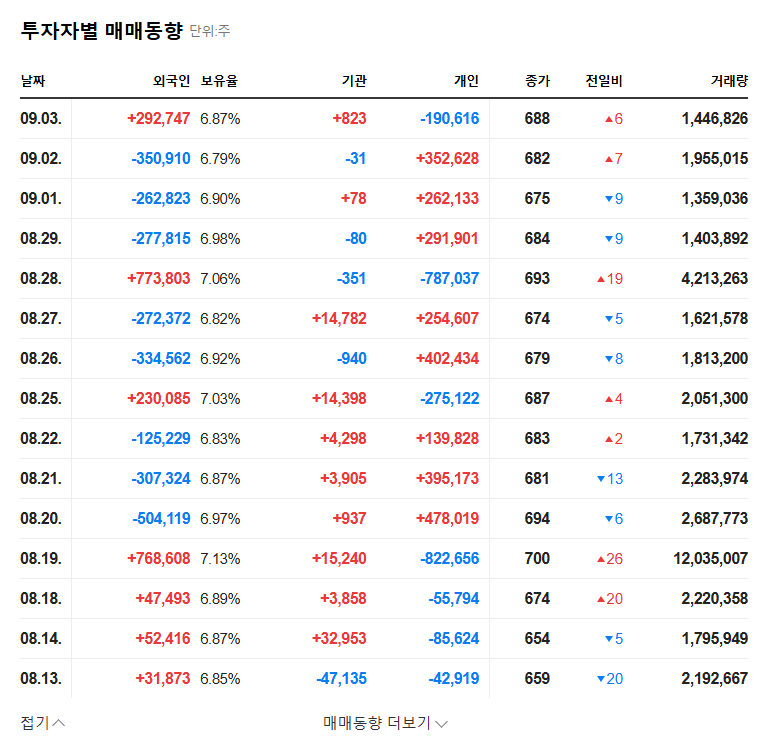
Aprogen’s ₩20.1 Billion Rights Offering: Background and Objectives
Aprogen will conduct a third-party rights offering of ₩20.181 billion for its subsidiary, APTON. The purpose is to secure investment funds for APTON’s growth. Aprogen is currently focusing on its biosimilar business, and APTON plays a key role in this strategy.
Rights Offering: Opportunities and Risks
- Opportunities:
- Accelerated biosimilar business growth through investment in APTON
- Improved financial structure and enhanced liquidity
- Risks:
- Concerns about share dilution due to discounted offering price
- Uncertainty surrounding the efficiency of fund utilization
Investing in Aprogen: What Should Investors Do?
This rights offering presents an opportunity for Aprogen’s future growth, but also carries risks for investors. Consider the following:
- Monitor the execution and outcomes of fund allocation
- Review the progress of the biosimilar pipeline
- Check for changes in financial soundness
- Consider the volatility of macroeconomic indicators
Frequently Asked Questions (FAQ)
How will the rights offering affect Aprogen’s stock price?
In the short term, there may be downward pressure due to concerns about share dilution. In the long term, it could positively impact the stock if APTON grows successfully. However, efficient fund utilization and business performance are key variables.
What is Aprogen’s core business?
Aprogen operates various businesses including biosimilars, metals, insulation materials, and synthetic pharmaceuticals. The company is currently focusing its investments on the biosimilar business.
What should investors be cautious of?
Investors should carefully consider the execution and outcomes of the fund allocation, progress of the biosimilar pipeline, changes in financial soundness, and macroeconomic indicators before making investment decisions.

